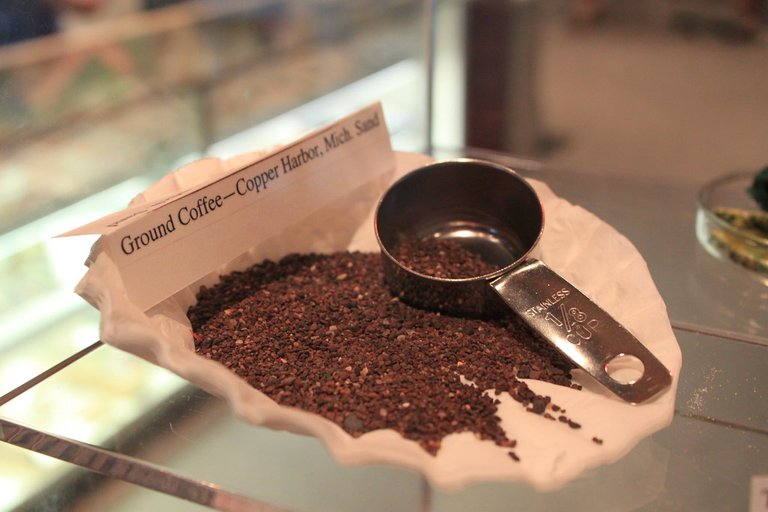Differentiating Arabica Specie from Robusta Specie Coffee
Coffee is more than just a beverage; it's an integral part of our daily lives. Whether you're an espresso enthusiast, a latte lover, or simply enjoy a good old cup of Joe, coffee plays a significant role in our lives
While we often hear discussions about the best way to brew coffee or the finest coffee brands, there's another layer to our beloved beverage that deserves exploration, the coffee species. In this post, we'll delve into the world of coffee and uncover the differences between the two main coffee species: Coffea arabica and Coffea canephora (Robusta).
Before I continue with the two species, let's be clear that coffee isn't a legume even though it is called beans. Actually it is the seed from coffee that we refer to as beans, so let's continue.
First is the alkaloids in them which are Caffeine and Trigonelline which contributes to the bitter taste of coffee. Some studies show that Robusta beans have twice the caffeine but around 2/3 the trigoneline of Arabica beans. This means that Robusta is a more bitter coffee bean than Arabica.
Alkaloids are not the only groups of compounds in the coffee, there are also acids in coffee. These acids are Quinic acid, Caffeic Acids, and Chlorogenic acid which is a combination of Quinic and Caffeic Acids. This acid is responsible for the astrigent and sour taste of coffee but then the amounts found in the two species of coffee differ. Robusta has about 2X to 5X more chlorogenic acid than Arabica, meaning that Robusta has more astringent then Arabica.
Coffee also contains another compound known as sucrose. That sugar we know and it breaks down in roasting to form a reaction known as the maillard reaction where sugar and amino acid combine together to give the brown color and fermented aroma of coffee. Arabica beans have more sucrose than Robusta beans which means Arabica is more caramel and fermeted than Robusta. Furans is another compound found in coffee. It gives roasted coffee that coffee flavor and there is more furans in roasted Arabica than in robusta.
Hard water for coffee is a great one as it has positive ions such as magnesium ions, sodium, and calcium ions, and they can grab on to coffee mlecules which have negative charge.
Next time you savor your favorite cup of coffee, take a moment to appreciate the rich history, complexities and science hidden within those humble coffee seeds. The battle between Arabica and Robusta, with their distinct flavor profiles shaped by varying compounds, adds depth to the world of coffee. While a lot of people cannot easily differentiate the types, science has made it easier for us. Whether you prefer the mild elegance of Arabica or the bold bitterness of Robusta, understanding the science behind your coffee can elevate your appreciation for this beloved beverage.
Reference
https://www.mdpi.com/2306-5710/1/3/127
https://www.sciencedirect.com/topics/agricultural-and-biological-sciences/coffea-canephora
https://www.researchgate.net/publication
https://www.mdpi.com/2306-5710/6/3/44
https://www.mdpi.com/2076-3921/12/5/1135
https://pubmed.ncbi.nlm.nih.gov/34553656/
https://link.springer.com/article/10.1007/s00217-016-2643-y
https://freshcup.com/how-water-works/
https://www.ncbi.nlm.nih.gov/pmc/articles/PMC6770458/
https://www.ncbi.nlm.nih.gov/pmc/articles/PMC5642803/
https://www.sciencedirect.com/topics/agricultural-and-biological-sciences/maillard-reaction

One of the most difficult thing to identify is which of the coffee specie I am taking in the morning, but with this, I should be able to tell their differences scientifically now. I will surely look at trying to differentiate between both species now when drinking that coffee.
Everything including coffee is science, and you will be so surprised at how much of science is in everything we do. In fact, we are in a scientific world.
Thanks for your contribution to the STEMsocial community. Feel free to join us on discord to get to know the rest of us!
Please consider delegating to the @stemsocial account (85% of the curation rewards are returned).
Thanks for including @stemsocial as a beneficiary, which gives you stronger support.